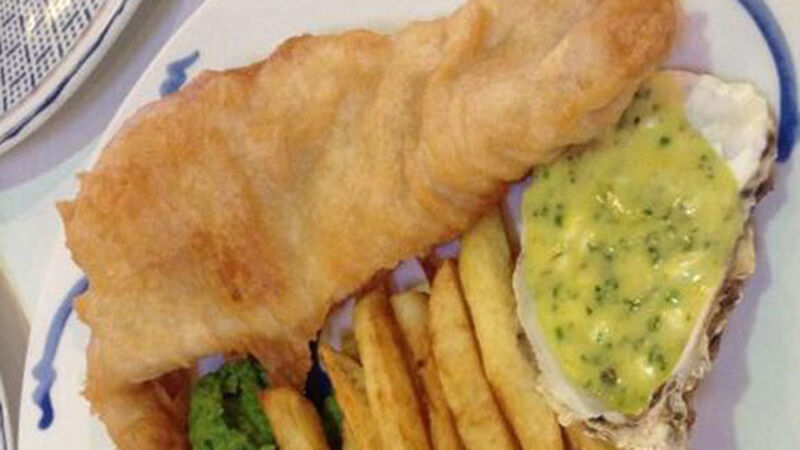Darina Allen: Fish in Beer Batter with Chips and Tartare Sauce

On every 12- week certificate course we take the students on a fact-finding field trip to stimulate ideas on how they might use their hard-earned cooking skills to earn their living in a fun and creative way.
Food is the main driver of the Irish economy at present where there are a myriad of options to add value to basic raw materials.















